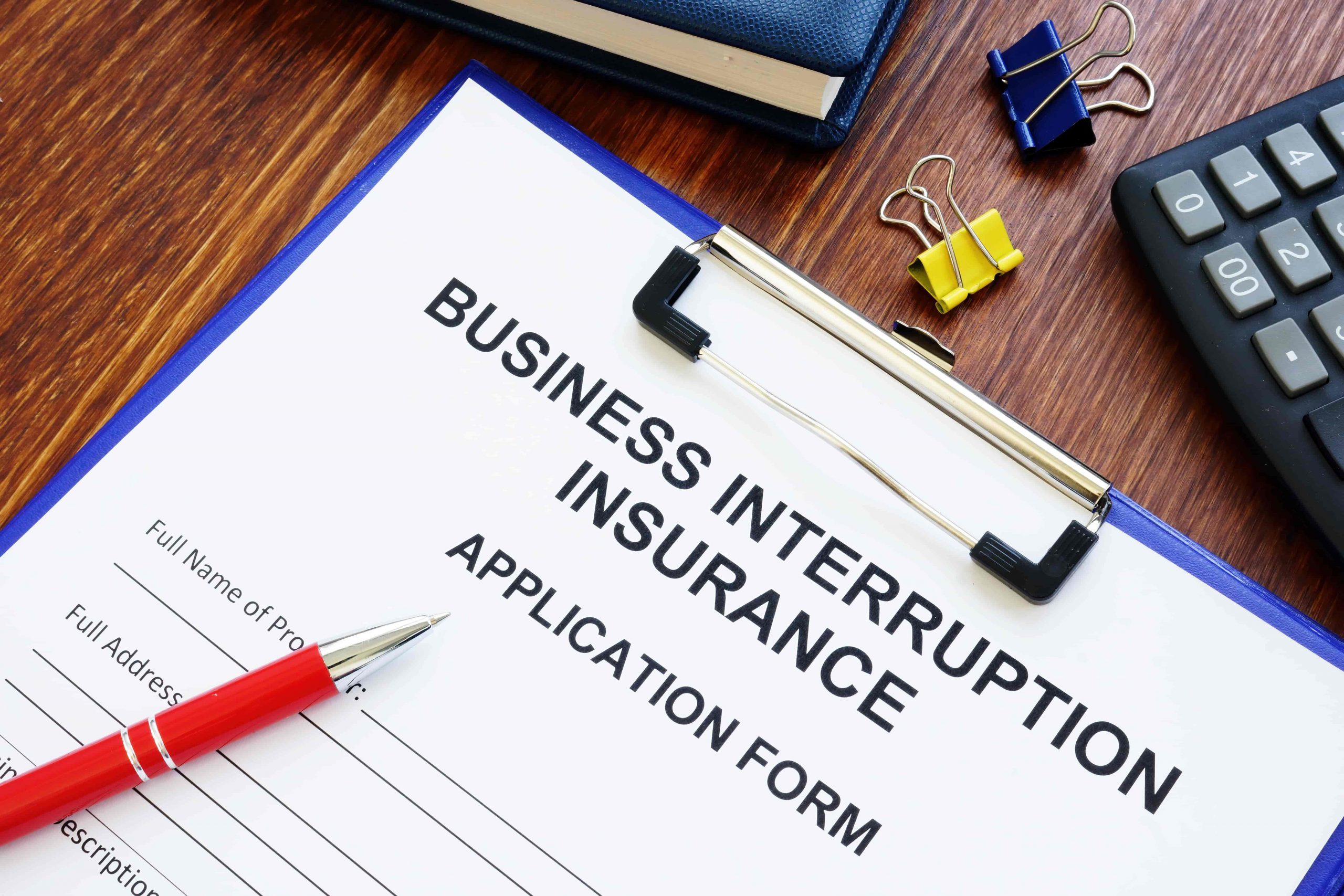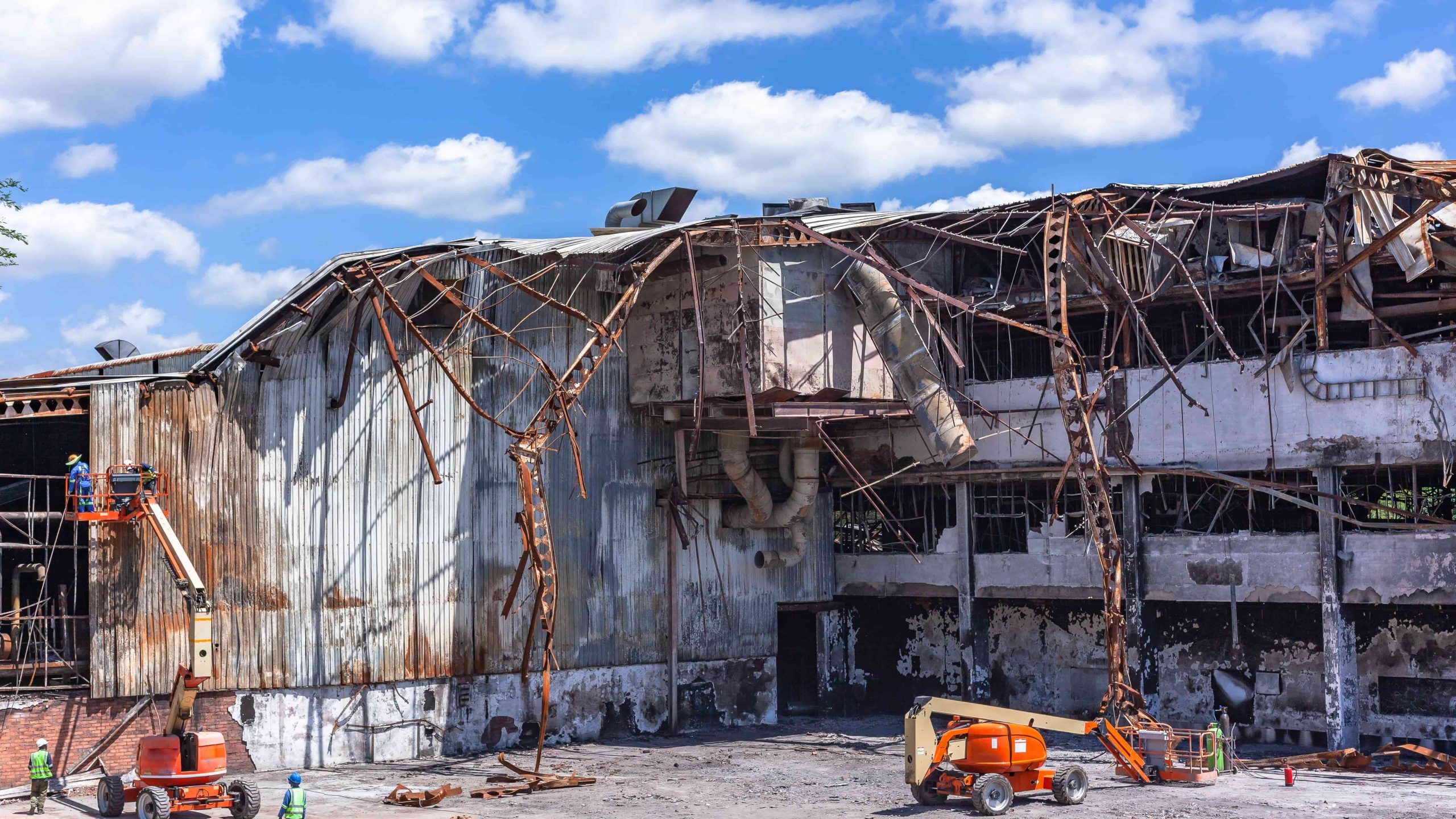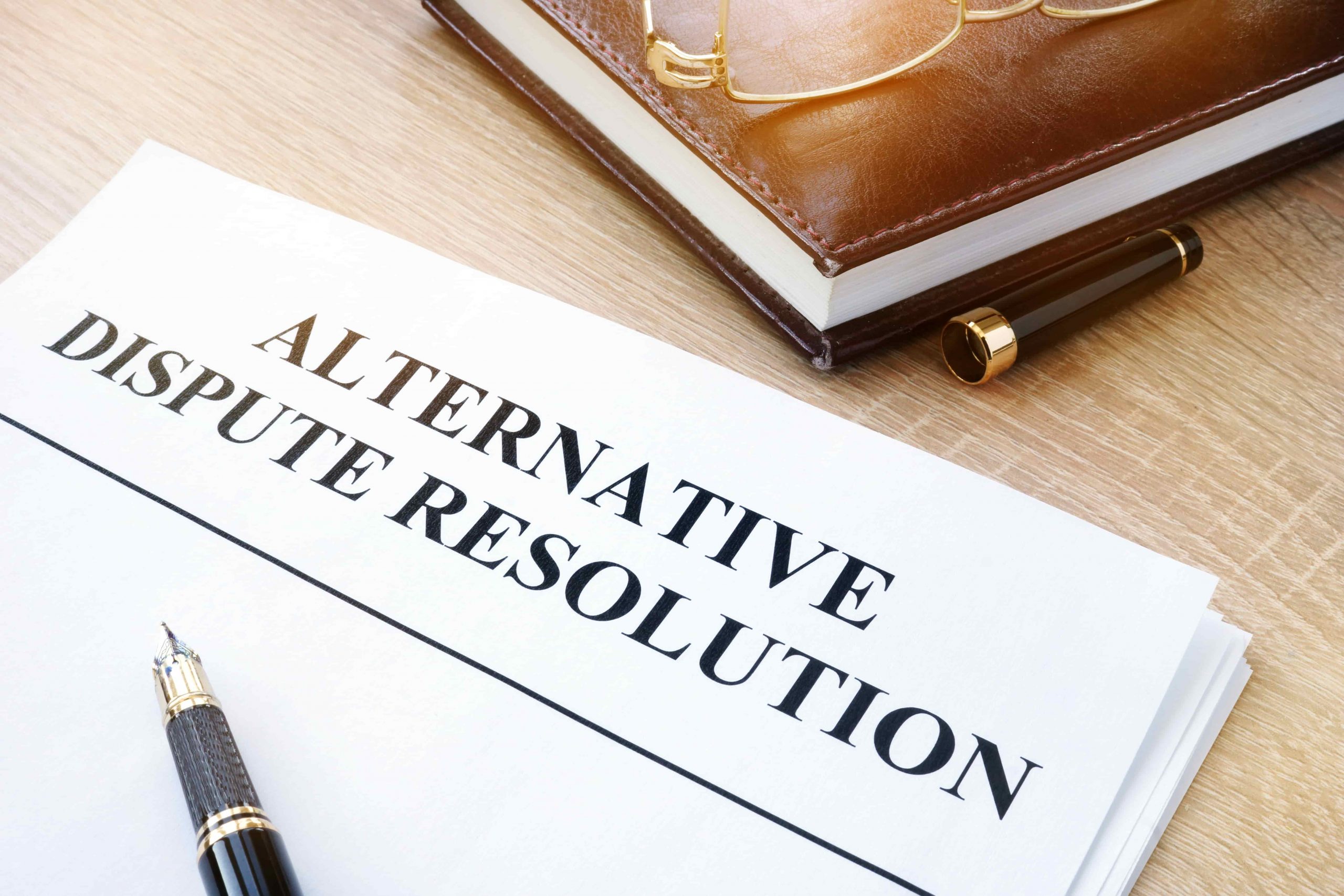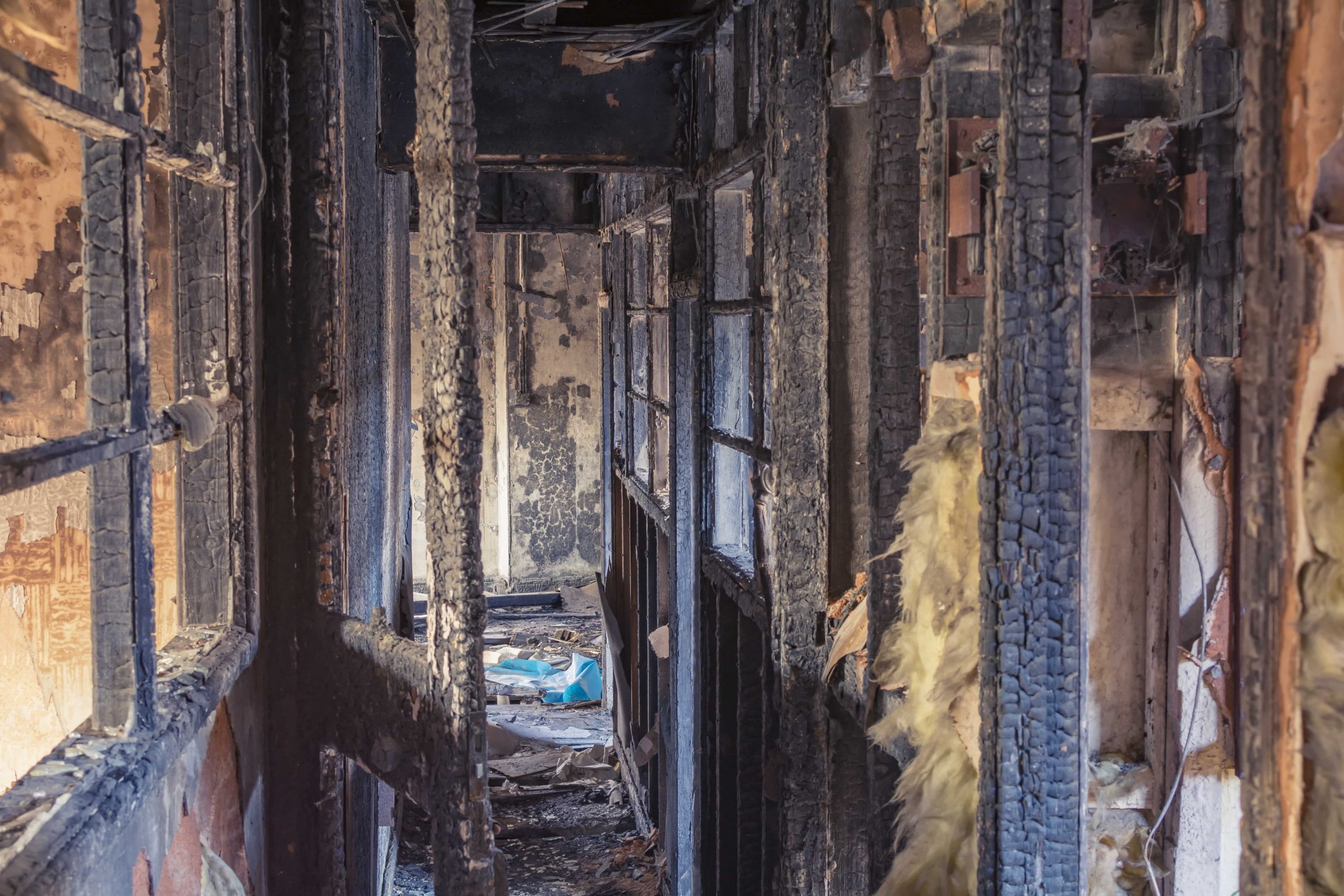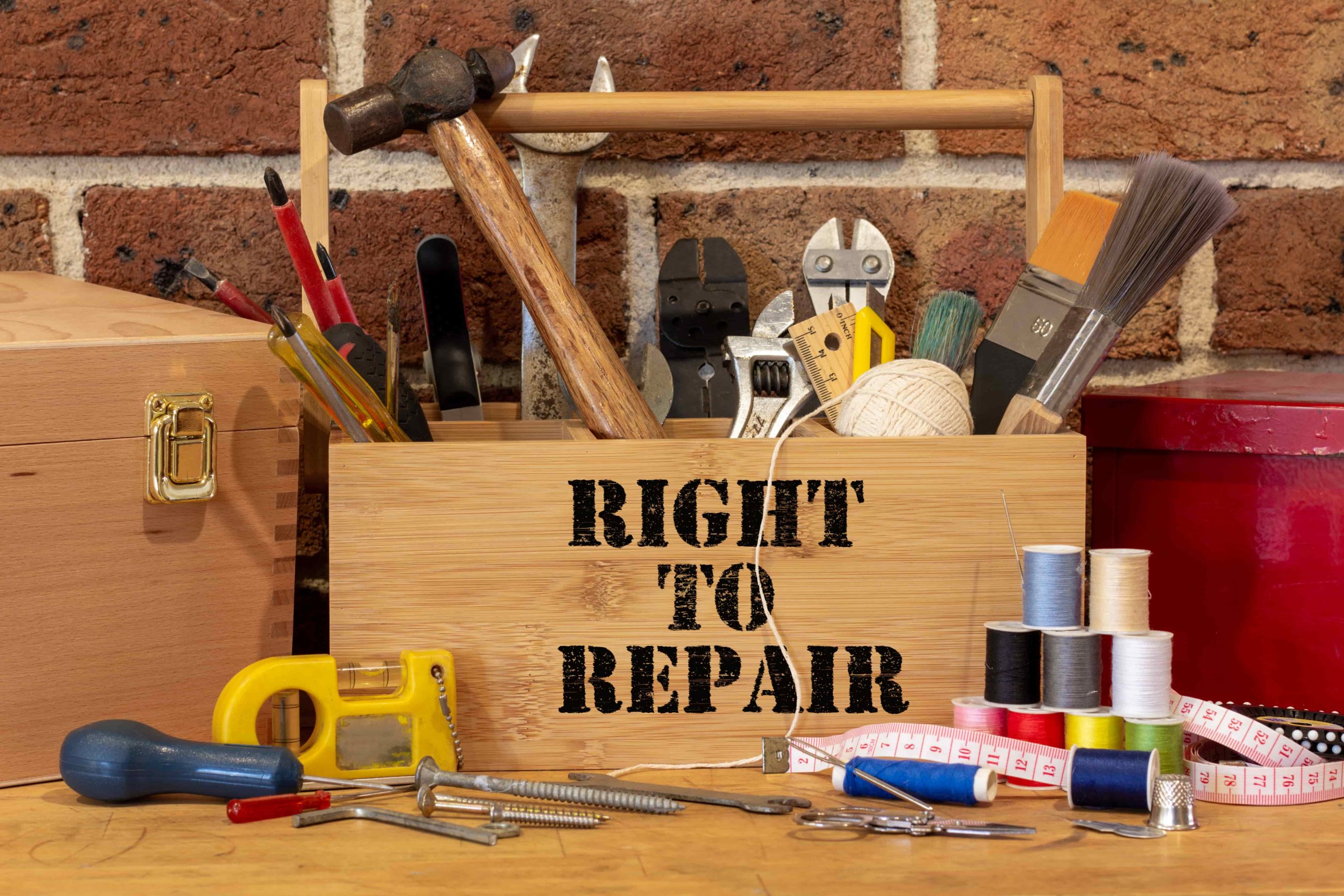There is a lot more that goes into creating a successful business than most people think. Everything that goes on behind the scenes of business creation forms the key elements that make sure that business is a success. But these key elements are a major part of making sure nothing interrupts that success. Businesses are just as vulnerable to accidental disasters as everyone else, which is why it is beneficial for business owners to have knowledge of a business interruption claim in their back pocket.
Also like everyone else, businesses can protect themselves by having a protection plan via insurance – something that allows them to make a business interruption claim in the first place. By having an adequate insurance company with policies that protect your business in the event of a major accident, you are ensuring your business is set to continue being a major success post-accident.
Business interruption insurance is set to protect any commercial property damages that could happen to your business. It is then that the business owner should look into filing a business interruption claim.
There are typically 3 types of Business Interruption Insurance Policies:
- Business interruption is designed to reimburse the income lost during the time of repairing or restoring the physical damage.
- Extended business interruption is designed to reimburse for only a limited amount of time, specifically for the income that is lost after the property is repaired but before the income returns to its pre-loss level.
- Contingent business interruption is designed to provide coverage for the income that was lost due to physical damage, not to its property, but to the property of providers or suppliers.
Essentially, business interruption insurance is put in place to compensate you for your loss of income due to a disaster. It covers your revenue based off of your past financial records. Some policies even cover operating expenses such as electricity.
When a business has to close down completely for repairs, it can easily lose to its competitors, which would be an even bigger setback than the one it’s already facing.
Business Interruption Insurance maintains your level of revenue so that you can also maintain your client base so your business can stay at its successful state.
Business Interruption coverage comes in many forms and is best designed by the agent/broker for a particular business’s needs. But after a disaster happens, what do you do? You file a business interruption claim.
But how do you go about filing a business interruption claim? How much money will you get and when? There are so many questions that come with filing an insurance claim. Luckily, there are public adjusters who are there to lead you through this complicated process.
What Is a Public Adjuster and How Can They Help File Your Claim?
A public adjuster is an insurance professional whose job is to work on behalf of the policyholder and to assist them in settling their claim. In the event that you are forced to file a claim, it can be extremely helpful to hire a public adjuster to assist you through the entire claim process.
A public adjuster is an agent that advocates solely on behalf of the insured and handles the negotiations and filings with the insurance company directly.
Though it is not required to hire a public adjuster, it will most certainly make your life easier in the end. So many things can go awry if you attempt to navigate the claims process on your own.
Public adjusters are trained and experienced professionals that can take much of the unknown out of the equation when filing a claim. It is what they do every day, instead of an average policyholder trying to submit a large claim on their own.
Typically, public adjusters work for a percentage of the final claim settlement on their client’s policy. The larger the claim, the more the public adjuster will make. These fees can vary depending on whom you choose to represent you, so it’s important to do your homework before selecting an agent.
Five Big Issues Business Owners Face Without a Public Adjuster
1. Dealing with Time-Consuming Paperwork and Phone Calls
In most cases, people filing a claim under their business interruption insurance policy have experienced some kind of damage to or significant loss of property. Fires, floods and other catastrophes can also put business owners into financially devastating circumstances. When any of these events occur, the last thing people should be worried about is filling out document after document.
Public adjusters are able to take this burden off of the insured so they are able to focus on the important things, like rebuilding and keeping up with the business. Without a public adjuster, policyholders may find themselves spending hours of their time with the insurance company trying to fulfill the required documentation and inquiries regarding their property value.
2. Giving the Insurance Company the Upper Hand
Public adjusters are there to alleviate stress off of the business owner so they can relax and work on rebuilding. If a business owner chooses not to hire a public adjuster, they are putting themselves in a position that leaves them vulnerable during the claims process. It’s very similar to an individual choosing to represent him or herself in a court case instead of hiring an attorney.
Without having an educated professional like a public adjuster, it’s difficult to predict the best outcome for the insured. If someone chooses not to have a public adjuster represent them, they are essentially giving the insurance company the upper hand in the negotiations of the claim. Undoubtedly, the insurance company has experts in the industry on board, so without representation, the insured has a higher possibility of not getting everything their policy covers.
3. Missing Out on The Largest Possible Settlement
No one wants to leave money on the table, especially when it comes to a valued property like a business. Unfortunately, because the claims process is so complicated, many business owners lose out on money they could have recovered simply because they didn’t know the reimbursement for a particular item was an option.
People that are represented by a public adjuster have the peace of mind that a professional in the field is scouring their policy to include every possible value to help recover losses. Without having a public adjuster, the business owner is losing that peace of mind, as they are left to interpret their policy coverage alone and could miss out on getting their full settlement.
In addition to the complicated language included in insurance policies, it is natural to overlook items in the midst of a disaster as your mind is elsewhere. As a business owner, when disaster strikes, your mind is everywhere other than reading documents or filling out paperwork.
Without a public adjuster, business owners are alone to advocate for themselves and their property value, which could ultimately end up setting them back even further.
Public Adjusters perform extensive research on the property itself and its contents to make sure that no stone is left unturned. Unfortunately, policyholders that do not have a public adjuster miss out on potential recouped damages that they overlook when documenting their claim.
Everyone knows contracts can often be confusing to anyone who doesn’t practice law, and insurance policies are certainly no exception. Most policies contain numerous clauses with unfamiliar terminology that is misunderstood by the insured party. When it comes time to file a claim, each word included in the policy could make a difference to the policyholder and the outcome of the settlement.
If someone is not familiar with certain clauses in the policy, they may very well overlook a chance to include certain items for recovery. The last thing a business owner wants to do is lose out on damages. With a public adjuster, they have someone who knows the terminology inside and out and has experience in negotiating claims, so they are more likely to receive a larger settlement.
Even though the insured pays a fee to the public adjuster, it will be worth the difference. In some situations, it is more beneficial to just pay the public adjuster fees and end up with more recovered in damages.
4. Drawing Out the Length of Time Needed to Settle
Filing claims without a public adjuster may also draw out the length of time it takes to settle the claim and close the matter. Processing claims can be tedious, and sometimes require multiple submissions to the insurance company. The back and forth simply to establish the proper total cost of damages could take months, weeks or even years to finalize on your own.
The insurance company may reject certain submissions if they are incorrect or incomplete. Each time this happens the finish line to settlement is extended even more. As a business owner, you may not have that time to give. When dealing with a loss of property, people are typically frantic to find a new temporary place to work, replacing belongings and recovering from the incident.
This doesn’t leave the time required to effectively and efficiently handle a claim alone, which leads to missed opportunities or mistakes. If someone chooses to hire a public adjuster, they can step in and help expedite the claims process.
5. Experiencing a Loss of Recovered Damages
It is not uncommon with business interruption insurance claims to have additional damages surface after the fact. In these cases, it can be incredibly challenging to reopen a claim with the insurance company. Many people wouldn’t know where to start to begin negotiations again.
With a public adjuster on their side, business owners have an industry expert working diligently for them to ensure they are recovering all possible losses, including those they may surface post-settlement.
Without a public adjuster, most people just assume that there is not an opportunity for a larger settlement. After experiencing a disaster at home, finances can be a very touchy topic for people. Knowing that something was missed in a claim could be devastating but fighting to reopen a claim may be too much of a burden for the insured to take on.
The process of reopening a claim can be just as frustrating as filing the initial claim.
In some cases, it may be more difficult to get the insurance company to negotiate after the fact.
The insurance industry is there to make money, and once a claim is fully processed, they may push back more to reopen for additional negotiations. Without a public adjuster, business owners are left to respond and negotiate on their own.
Though people pay their policies for the sole purpose of coverage in these situations, the insurance company will still only try to pay out what they absolutely have to. If they can, they will push back so they don’t have to spend additional labor hours negotiating a claim, or additional funds to pay out in more damages. After all, insurance companies are there to make money.
No matter what the situation is, it’s never easy to be faced with a loss or damage to your business, and it’s definitely not something you have to go through alone.
Why Should I Use a Public Adjuster?
Public adjusters are there to serve and assist people during these times, and can absolutely ease the process from start to finish. Though it is possible to navigate the claims process without one, so many things can go wrong without a public adjuster.
Public Adjusters are important to the public when both residents and business owners are faced with damage. Allowing them to make the already challenging time a little easier on you is the best route to take.
It is never easy to have to go through a tragedy. Why make things even harder on yourself without a business interruption insurance? It would provide comfort to you; knowing you would be alright if something were to happen to the business you worked so hard to build.
Although the terms of business interruption insurance coverages vary from one policy to the next, most have similar sets of moving parts. Which all include the same common goal of the business interruption claim, making your restoration easier and less painful—both mentally, and financially.
So, having a policy that ensures covers you and having a person to walk you through the process will help you know that, despite the temporary tragedy, you will be able to return back to your business as successful as ever.

